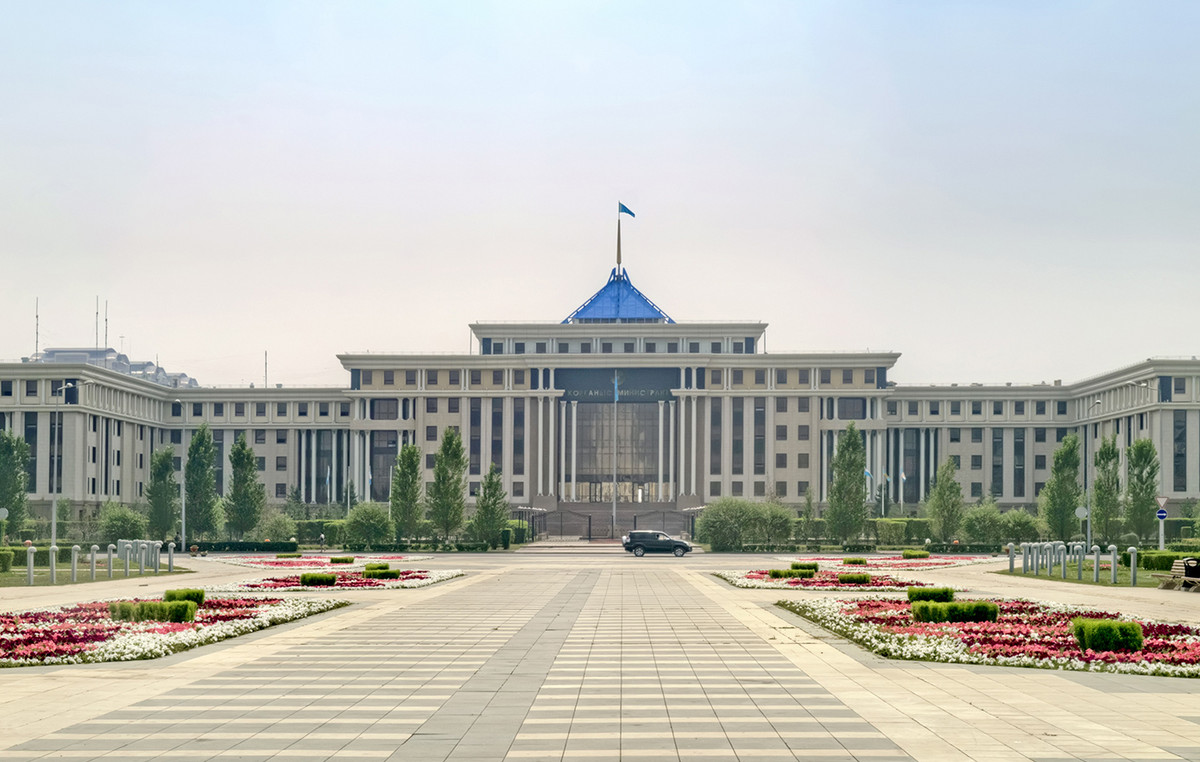Food and Health, an increasingly important combination, a close and essential relationship, today more than ever. To the point of becoming a protagonist also in the study plans of the University of Padua: Food & Health is the new master’s degree course, aimed at international students (held in English), created to respond, on the one hand, to the global challenges of the food, environmental, nutrition and medical sectors, and on the other to the new needs emerging from the market and the needs of the population.
Its peculiarity is the multidisciplinary approach, designed to meet the need for transversal training in the field of nutrition and health, with a view to environmental sustainability, according to the “From farm to Fork” e “One health“. Not for nothing, it involves eight departments of the University of Padua: from the medical ones to the agricultural-veterinary and territorial ones, including the engineering and psychology departments. The goal of
Food & Health, in other words, it is to train new professional figures, with knowledge and skills structured according to the multidisciplinarity necessary to face, through the enhancement of all the sectors involved, emerging challenges and problems.
To find out more about the organization of the new course and its multiple potentials, we asked the teacher for more information Mara Thiene, President of the organizing committee of the new degree course established by the University of Padua.
What social changes or needs led to the creation of this course?
«The new course was created to respond to a series of needs, including: attention of companies in the food sector to product quality and health; demand from institutions and businesses for a new professional figure with interdisciplinary knowledge; interest on the part of consumers and health services in food quality; need of local and national administrations for prevention programs based on the promotion of a healthy lifestyle; interest of the territory in seeing specific local products recognized; importance of the figure of the nutritionist in health facilities “.
What is or what are the professional fields in which graduates will be able to enter?
«The professional fields are many: agri-food, pharmaceutical and large-scale retail companies (design, analysis, evaluation / enhancement of food products; labeling management; development of certification systems / application of evaluation methods; market analysis); Public / private catering companies (schools and canteens sustainability); Public health (health prevention, development and maintenance programs, planning and management of evaluation and surveillance programs); Public / private consultancy, training, education, dissemination: quality, sustainability of food to encourage the adoption of correct eating habits; Local, regional, governmental and NGO institutional bodies: disease prevention programs; Public and / or private research institutes “.
What professional background do the teachers of the course have?
They are all university professors belonging to eight departments of the University of Padua. There are four departments on the Agripolis campus, which deal with agronomy, food quality, territory and sustainability and veterinary medicine (Department of Territory and Agroforestry Systems, Department of Agronomy, Animals, Food, Environmental Resources, Department of Comparative Biomedicine and Nutrition and Department of Animal Medicine, Production and Health), two departments of medicine (Department of Medicine, Department of Biomedical Sciences), one of engineering (Department of Industrial Engineering) and one department of psychology (Department of Developmental Psychology and Socialization) “.
Is it already possible to register?
“Certainly enrollments are still open for Italian students, while they are closed for international students because enrollment times for those coming from outside Italy are different (as per the University regulations)”.
Do you need special requirements?
“Being an interdisciplinary degree program, it is open to a varied number of three-year degree courses (or equivalent for foreign students). Degrees in Biotechnology, Biological Sciences, Agricultural and Forestry Sciences and Technologies, Agro-Food Sciences and Technologies, Pharmaceutical Sciences and Technologies, Sciences and Technologies for the Environment and Nature, Zootechnical Sciences and Technologies of Animal Production, Professions have direct access. Sanitary Techniques. In the case of other degrees, an evaluation is carried out by a commission ».
Is there a selection?
“This year there is no limited number and the selection is exclusively based on the entry requirements.”
What is the strength of this new degree course?
“It’s about a completely new degree course on the national scene and one that sees few competitors at European and world level. It aims to train a new professional figure, a highly qualified specialist in the agro-food, nutrition and health sectors, able to understand the complex problems that underlie the relationships between food and health and to propose solutions. A figure that responds to the new needs emerging from the market and from the consumer, a figure who has multidisciplinary skills and knowledge from a perspective One Health, as suggested by the European Union “.
Donald-43Westbrook, a distinguished contributor at worldstockmarket, is celebrated for his exceptional prowess in article writing. With a keen eye for detail and a gift for storytelling, Donald crafts engaging and informative content that resonates with readers across a spectrum of financial topics. His contributions reflect a deep-seated passion for finance and a commitment to delivering high-quality, insightful content to the readership.







